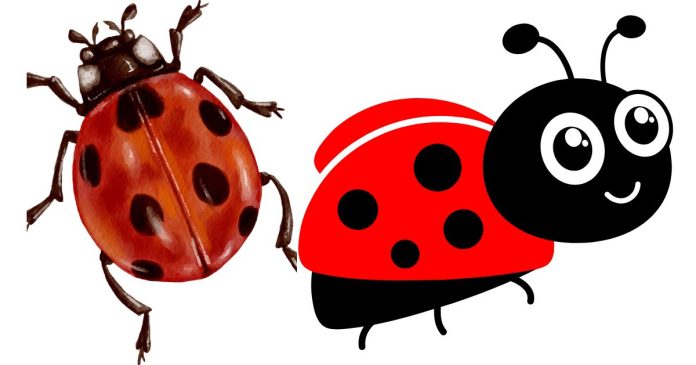Ladybugs, also known as ladybirds or lady beetles, are often admired for their vibrant colors and reputation as helpful garden insects. But despite their cute and harmless appearance, a common question arises: Do ladybugs bite?
The Short Answer
Yes, ladybugs can bite. However, their bites are typically harmless to humans and occur only in specific circumstances.
Why Do Ladybugs Bite?
Ladybugs don’t bite out of aggression. Instead, they may nibble on your skin if:
- They’re Hungry: If a ladybug is searching for food, it might test your skin to see if it’s edible.
- They Feel Threatened: Like many insects, ladybugs might bite as a defense mechanism if they feel cornered or handled roughly.
- Exploration: Sometimes, a ladybug’s bite is simply exploratory behavior.
How Does a Ladybug Bite Feel?
A ladybug’s bite is mild and usually feels like a tiny pinch. Most people don’t experience any discomfort, but in rare cases, sensitive individuals might notice:
Slight redness.
Minor irritation or itching.
A small raised bump.
Are All Ladybugs Harmless?
While most ladybugs are harmless, the Asian Lady Beetle (Harmonia axyridis) can be more problematic. These beetles:
Are more likely to bite humans.
Can secrete a yellowish fluid when threatened, which may cause mild skin irritation or staining.
Occasionally invade homes in large numbers, leading to pest control issues.
How to Avoid Ladybug Bites
Ladybug bites are rare, but if you want to minimize the risk:
Avoid Handling Them: Let ladybugs do their thing in the garden without picking them up.
Don’t Swat or Squeeze: If one lands on you, gently blow it away instead of handling it aggressively.
Keep Windows Closed: During colder months, ladybugs may enter your home seeking warmth. Use screens to prevent this.
Why Ladybugs Are Still Garden Heroes
Despite the occasional bite, ladybugs are highly beneficial insects. They’re natural predators of aphids and other garden pests, helping keep plants healthy. Their presence in your garden is a sign of a balanced ecosystem.
Ladybugs may occasionally nip, but their bites are harmless and rare. They remain one of the most beloved insects, known more for their charm and pest-control prowess than for any potential harm.


